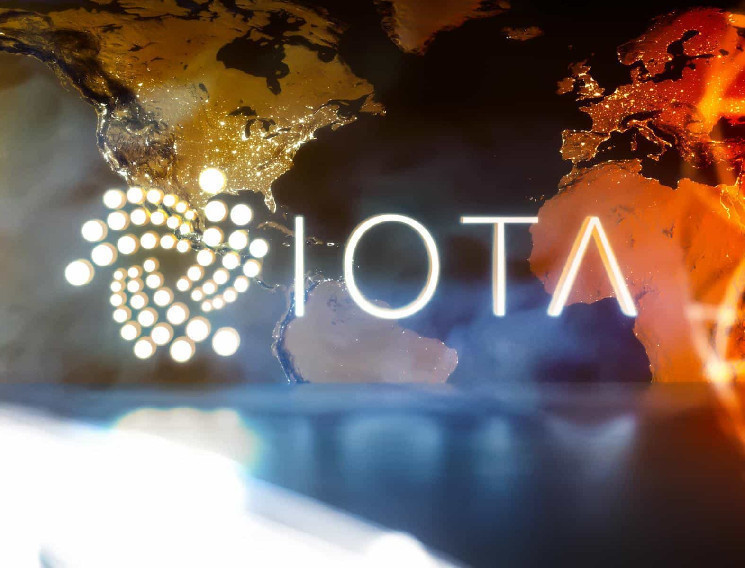- $IOTA’s distributed ledger technology (DLT) combined with real-world asset (RWA) tokenization presents a promising avenue for revolutionizing the real estate industry.
- Through the utilization of $IOTA’s DLT, the real estate sector can also potentially overcome hurdles related to material procurement, quality assurance, etc.
The $IOTA blockchain network has been at the forefront of solving several real-world problems ranging from traffic congestion, transparent electricity distribution, addressing supply chain issues, and much more. Now, with real-world asset (RWA) tokenization around the corner, popular $IOTA analyst n/a.iota explains how $IOTA’s DLT combined with RWA tokenization paves the way for key developments in the real-estate space. Moreover, as reported by Crypto News Flash, the $IOTA 2.0 can play a greater role in asset tokenization.
#$IOTA & #RWA 🧵
1/10
"#DLT + Real Estate Development & Construction"Disclaimer: This post is strictly my opinion based off of my experience in Property Development & Construction
This thread will explain why i think #DLT & specifically #$IOTA will be primed for RE development
— 💎n/a.iota💎 (@nonamedsd123420) March 27, 2024
The $IOTA blockchain network can help address some of the existing bottlenecks in the real estate industry and provide effective solutions using its distributed ledger technology (DLT). Let’s take a look at the five such areas where the $IOTA DLT can play a crucial role.
1. Supply Chain Management
The biggest challenge today in the real estate industry is the complexities of material procurement for large-scale projects pose significant hurdles in terms of time and cost efficiency. Leveraging $IOTA, one can implement DLT-based systems to optimize material ordering and delivery processes based on project milestones.
2. Material Integrity
Another major challenge with real estate, ensuring the quality and sourcing of materials is crucial for both structural integrity and cost optimization. On the other hand, $IOTA’s DLT can help in tracking the provenance of materials and ensure cost-effective procurement.
3. Vendor Integrity
Another major hurdle in the real-estate space is verifying the credibility and progress of contractors, engineers, and other stakeholders which is paramount to prevent fraud and ensure project transparency. By using $IOTA smart contracts to automate payment releases based on project milestones will ensure accountability among stakeholders.
4. Leveraging Income-Producing Assets
Recently the RE industry has been exploring avenues to maximize returns on real estate investments while adapting to the evolving landscape of decentralized finance (DeFi). The $IOTA Distributed Ledger technology can provide ground for this DeFi integration in order to optimize financing options and reduce reliance on traditional banking structures.
5. Lack of Autonomy
Addressing the labor-intensive nature of property management by leveraging DLT and IoT solutions to streamline operations and reduce reliance on centralized management services. Thus, by deploying IoT sensors and DLT platforms like $IOTA, one can enable real-time monitoring of property conditions and automate maintenance processes.
By harnessing the feeless and scalable nature of $IOTA’s DLT capabilities, the real estate industry also stands to benefit from enhanced efficiency, transparency, and cost savings. Moreover, the adoption of these innovative solutions could usher in a new era of autonomy and problem-solving in real time, shaping the future of the sector.
